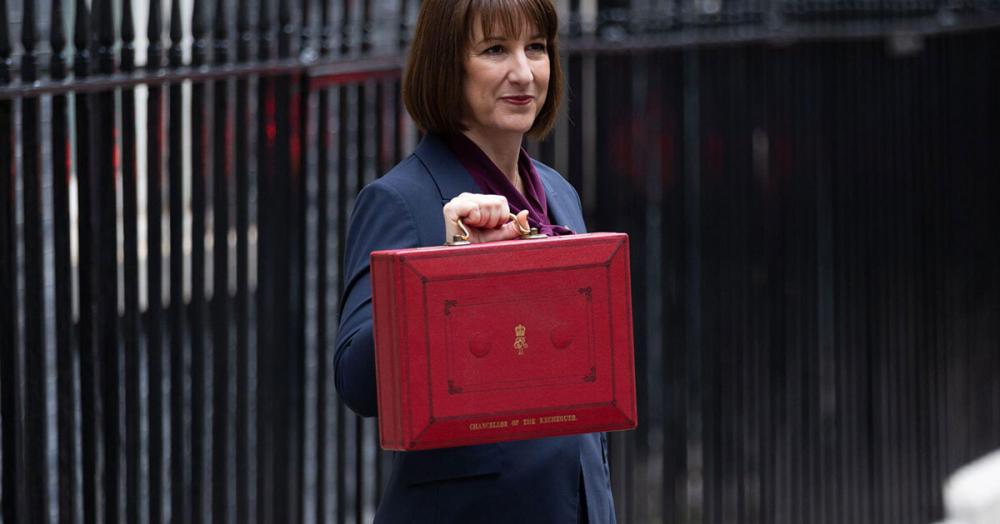The UK Autumn Budget of October 30, 2024, introduced several measures with significant implications for the private rented sector, impacting both landlords and tenants. Key changes include adjustments in taxes, incentives for energy efficiency, and initiatives addressing housing supply, which aim to reshape the rental landscape.
The UK Autumn Budget of October 30, 2024, introduced several measures with significant implications for the private rented sector, impacting both landlords and tenants. Key changes include adjustments in taxes, incentives for energy efficiency, and initiatives addressing housing supply, which aim to reshape the rental landscape.
For landlords, an increase in the additional stamp duty surcharge on buy-to-let properties was announced, moving from 3% to 5%. This means that landlords acquiring new properties will now face higher costs, potentially limiting portfolio expansion and increasing financial burdens on smaller landlords. Capital gains tax (CGT) rates remain unchanged, with 18% for basic-rate taxpayers and 24% for higher-rate payers, providing some stability amid the changes. However, due to broader financial pressures, an estimated 29% of landlords are considering selling properties within the next year, which may exacerbate supply issues in the rental market if these plans go forward.
The Budget also emphasised housing supply, with plans to ease the planning process, particularly for brownfield site developments, which could boost the construction of affordable rental properties. This is supplemented by potential tax reliefs and incentives for build-to-rent developments to increase the volume of rental housing, especially in urban areas.
Additionally, energy efficiency targets were highlighted, with new and expanded grants to assist landlords in meeting the forthcoming minimum Energy Performance Certificate (EPC) requirements. By 2030, all rental properties must meet at least an EPC rating of C. The Budget included plans for grants, tax reliefs, and possible low-interest loans to support landlords in making necessary property upgrades, such as installing energy-efficient heating systems. These measures aim to reduce long-term energy costs for tenants while helping landlords future-proof their properties.
For tenants, one of the more immediate impacts will be the rise in the National Living Wage, which is set to increase by 6.7% to £12.21 per hour from April 2025. This wage increase may alleviate some financial stress for renters, particularly as rent prices remain high in many areas. However, with the stamp duty and potential sales by landlords, there may be indirect effects on rental availability and prices, as fewer buy-to-let investments and increased selling activity could restrict housing supply further, pushing rental costs upward.
In summary, while these budgetary changes present both opportunities and challenges for the private rented sector, they also signal an ongoing effort by the government to address housing accessibility, affordability, and sustainability within the UK rental market. This multifaceted approach, though costly for some landlords, aligns with long-term goals to stabilize and enhance the rental sector for tenants.

